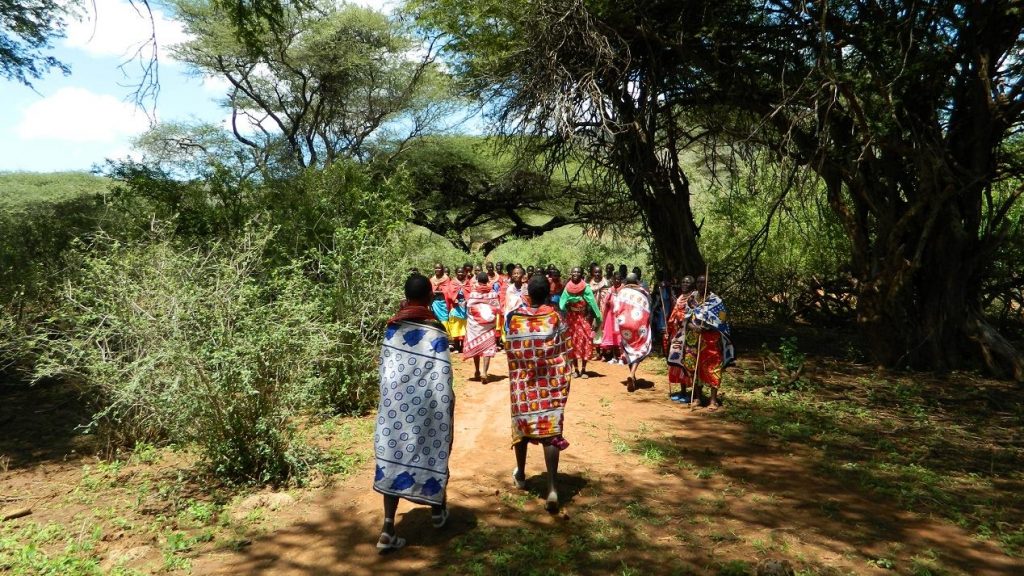Values
- Environmental stewardship:Prioritizing the protection and restoration of ecosystems, particularly wetlands, to sustain biodiversity and ecological balance.
- Community empowerment:Centering local communities as leaders and decision-makers in restoration efforts, ensuring their voices and needs drive initiatives.
- Respect for indigenous knowledge:Valuing and integrating Indigenous practices, wisdom, and cultural perspectives as essential to effective and sustainable conservation.
- Equity and inclusion:Promoting fair access to resources, opportunities, and benefits of restoration projects, especially for marginalized or underrepresented groups.
- Collaboration:Fostering partnerships with communities, Indigenous groups, scientists, governments, and other stakeholders to achieve shared goals.
- Sustainability:Committing to long-term ecological and social outcomes that balance environmental health with community well-being.
- Transparency and accountability:Operating with openness, ensuring actions align with mission goals and community expectations.
Guiding Principals
- Community-led governance:Projects are designed, implemented, and monitored with active participation and leadership from local communities, ensuring relevance and ownership.nance:
- Integration of indigenous knowledge: Traditional ecological knowledge guides restoration practices, respecting Indigenous rights, cultural protocols, and land connections.ge:
- Ecosystem-based approach:Restoration prioritizes holistic ecosystem health, addressing biodiversity, water quality, and climate resilience in wetlands.
- Cultural sensitivity:Activities respect and incorporate local customs, languages, and spiritual connections to land and water.
- Adaptive Management:Using flexible, science-informed strategies that incorporate community feedback and Indigenous insights to adapt to changing environmental or social conditions.
- Capacity building:Providing training, resources, and support to empower communities and Indigenous groups to lead conservation efforts sustainably.
- Advocacy for policy change:Working to influence local, national, or global policies to support wetland restoration, biodiversity, and Indigenous rights.
- Non-exploitative Partnerships:Collaborations with external entities (e.g., funders, researchers) are equitable, avoiding extractive practices and ensuring mutual benefit



